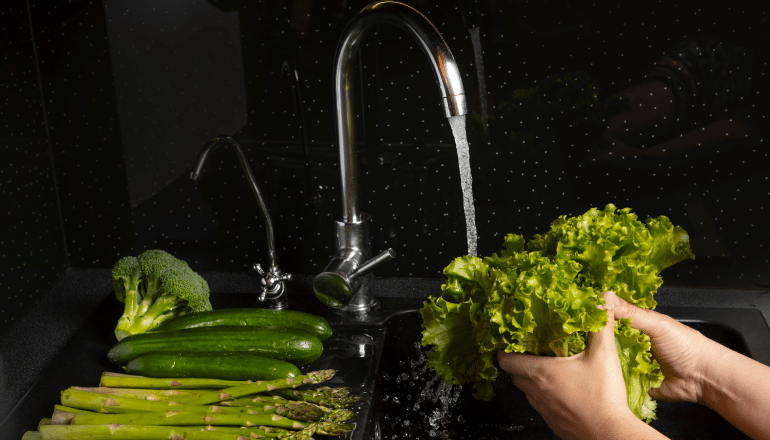
Importance of Food Safety in Restaurants You Should Know
As a diner in a restaurant, it is reasonable to expect that the food served to you is safe for consumption. Unfortunately, foodborne illnesses are a real risk in the restaurant industry. Millions of Americans suffer from food poisoning each year, and thousands die.
Ensuring food safety in restaurants is of utmost importance as it not only safeguards the health and well-being of customers but also helps restaurant owners avoid unfavorable reviews, lawsuits, and unforeseen inspections.
This blog will explore why food safety is important in restaurants and provide tips on maintaining high food safety standards. Knowing the significance of food safety is beneficial for anyone involved in the restaurant industry, whether you are an owner, manager, or employee. In addition, it can help you in creating a healthy and safe atmosphere for your staff and customers.
Importance of Food Safety in Restaurants – What Are They?
The consequences of poor food safety practices can be severe, including foodborne illnesses and negative impacts on a restaurant’s reputation and finances. Therefore, maintaining high food safety standards is essential for creating a safe and healthy environment for customers and employees.
In the following sections, we will explore these reasons in more detail and provide tips on maintaining food safety in restaurants.
To Avoid Getting Negative Reviews
The importance of food safety in restaurants cannot be overstated when avoiding negative reviews. Negative online reviews pose a significant threat to the success of a restaurant. With the rise of social media, review websites, and online forums, customers can easily share their experiences with others.
Poor food safety practices at a restaurant can cause customers to get sick, resulting in negative reviews that can harm the establishment’s reputation.
Maintaining a Good Reputation
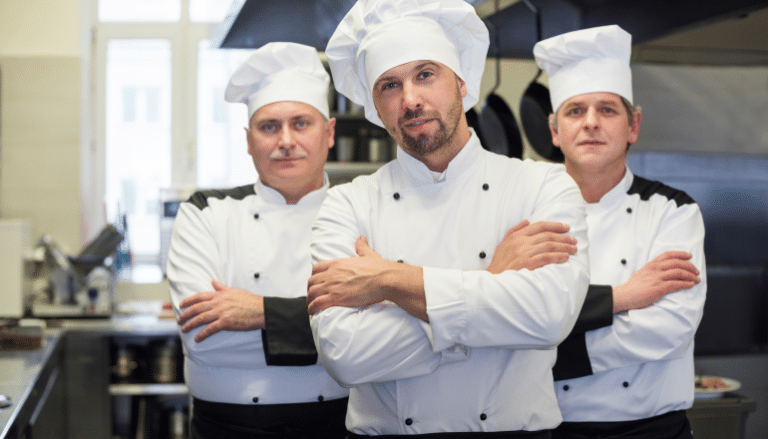
Having a good reputation is crucial for the success of any restaurant. Positive word-of-mouth is a powerful marketing tool for restaurants, and it can result in repeat customers and higher revenue.
On the other hand, a bad reputation can lead to a decrease in customers and revenue. Ensuring food safety in your restaurant is an effective way to maintain a good reputation and attract more customers.
Avoiding Lawsuits
Foodborne illnesses can lead to lawsuits that cost a restaurant thousands of dollars. Food safety violations can also result in hefty fines from regulatory agencies. However, maintaining food safety practices in your restaurant can avoid legal trouble and protect your business’s finances.
Unexpected Inspections
Food safety inspections can happen anytime, and restaurants that fail these inspections may face consequences such as temporary closures or reduced operating hours. Inspectors check for things like proper storage, cooking temperatures, and cleanliness. By maintaining food safety practices, you can ensure that your restaurant is always ready for an inspection.
Cost Reduction
Maintaining food safety practices can reduce costs in the long run. By reducing the risk of foodborne illnesses, you can avoid the costs associated with lawsuits, fines, and lost revenue. Proper food safety practices can also help reduce waste and spoilage, saving your restaurant money on food costs.
How to Maintain Food Safety in Restaurants?
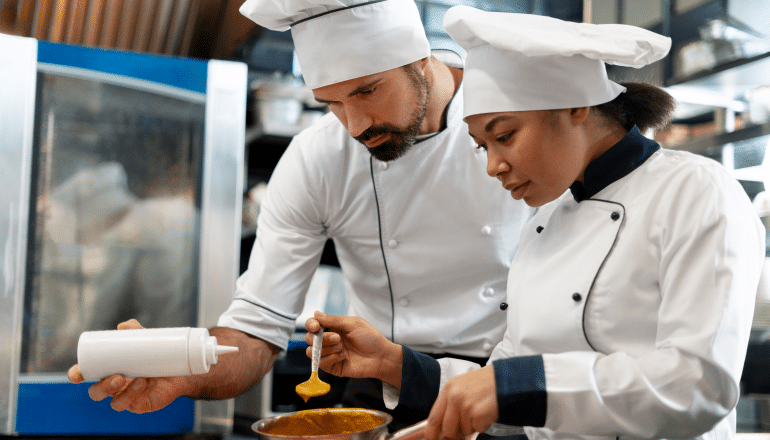
Maintaining food safety in restaurants requires a commitment to proper procedures and training. Here are some key practices to follow:
Strictly Maintain Hand-Washing Rules
Hand-washing is one of the most important food safety practices in any restaurant. Employees should wash their hands thoroughly and frequently throughout their shifts, especially after handling raw meat, using the restroom, or touching their faces.
Use Disposable Gloves Effectively
Disposable gloves can be useful in preventing the spread of bacteria and viruses, but they must be used correctly. Employees should change gloves frequently, especially after handling raw meat, and avoid touching anything else while wearing them.
Maintain Personal Hygiene
Maintaining personal hygiene is essential in preventing the spread of bacteria and viruses. Employees should wear clean clothing and avoid touching their faces or hair while working. In addition, sick employees should not come to work and should stay home until they are no longer contagious.
Train Your Staff
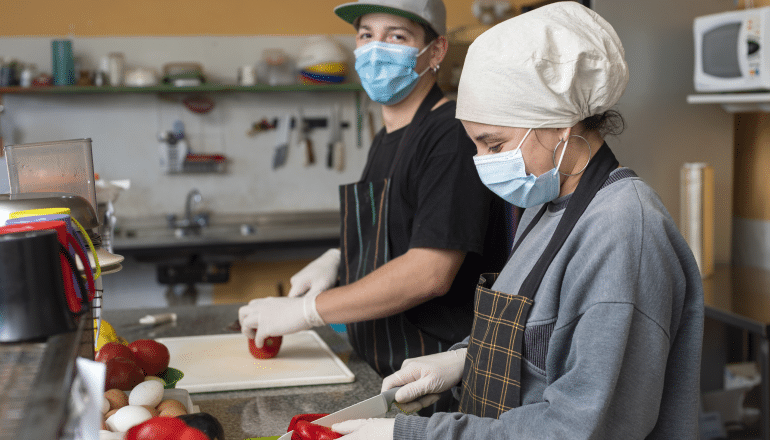
Proper training is critical in maintaining food safety practices in your restaurant. AAA Food Handler’s training programs provide comprehensive training on food safety practices, including proper hand-washing techniques, temperature control, and cleaning and sanitizing procedures.
Sanitize After Cleaning
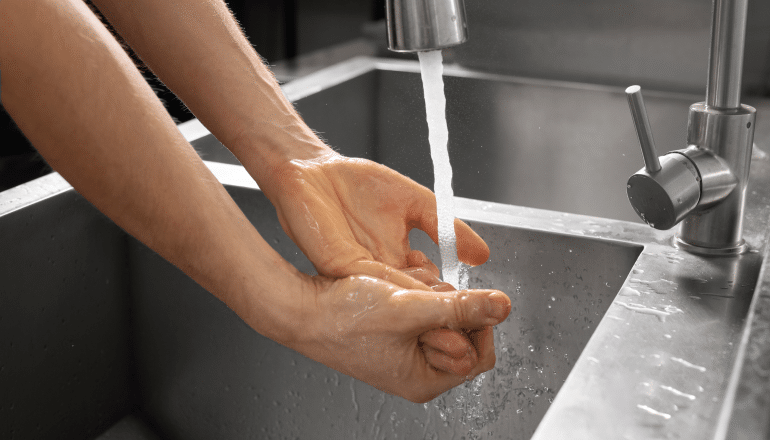
It is crucial to clean and sanitize equipment, surfaces, and utensils to prevent the spread of bacteria and viruses. A recommended way to ensure the cleanliness of surfaces is by cleaning them first with soap and water, followed by sanitizing them with an approved sanitizer such as bleach or water.
Food Safety Training?
AAA Food Handler offers training courses to help restaurant owners and employees maintain high food safety standards. AAA Food Handler’s food manager and food handler programs are ANAB-accredited and health department approved.

